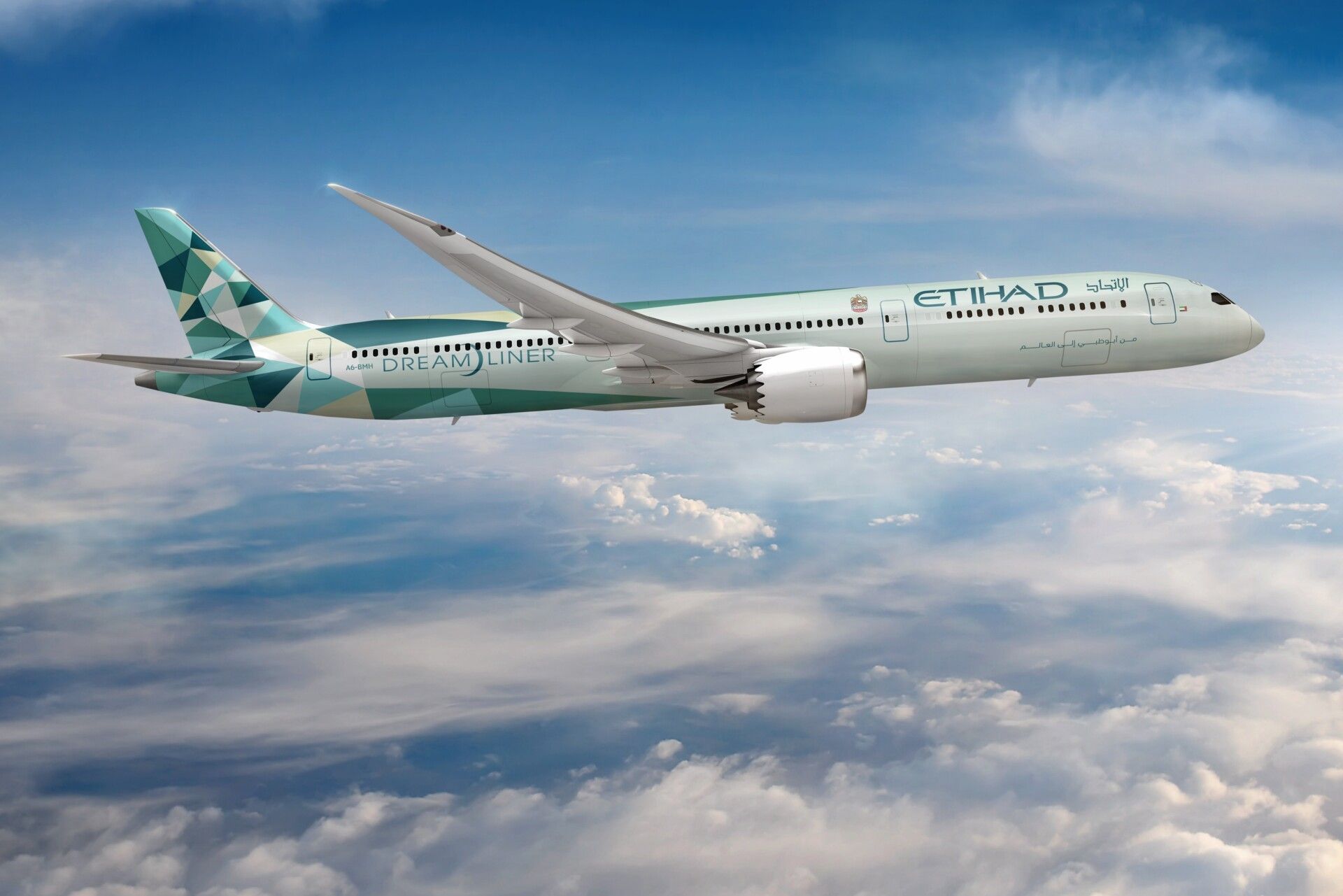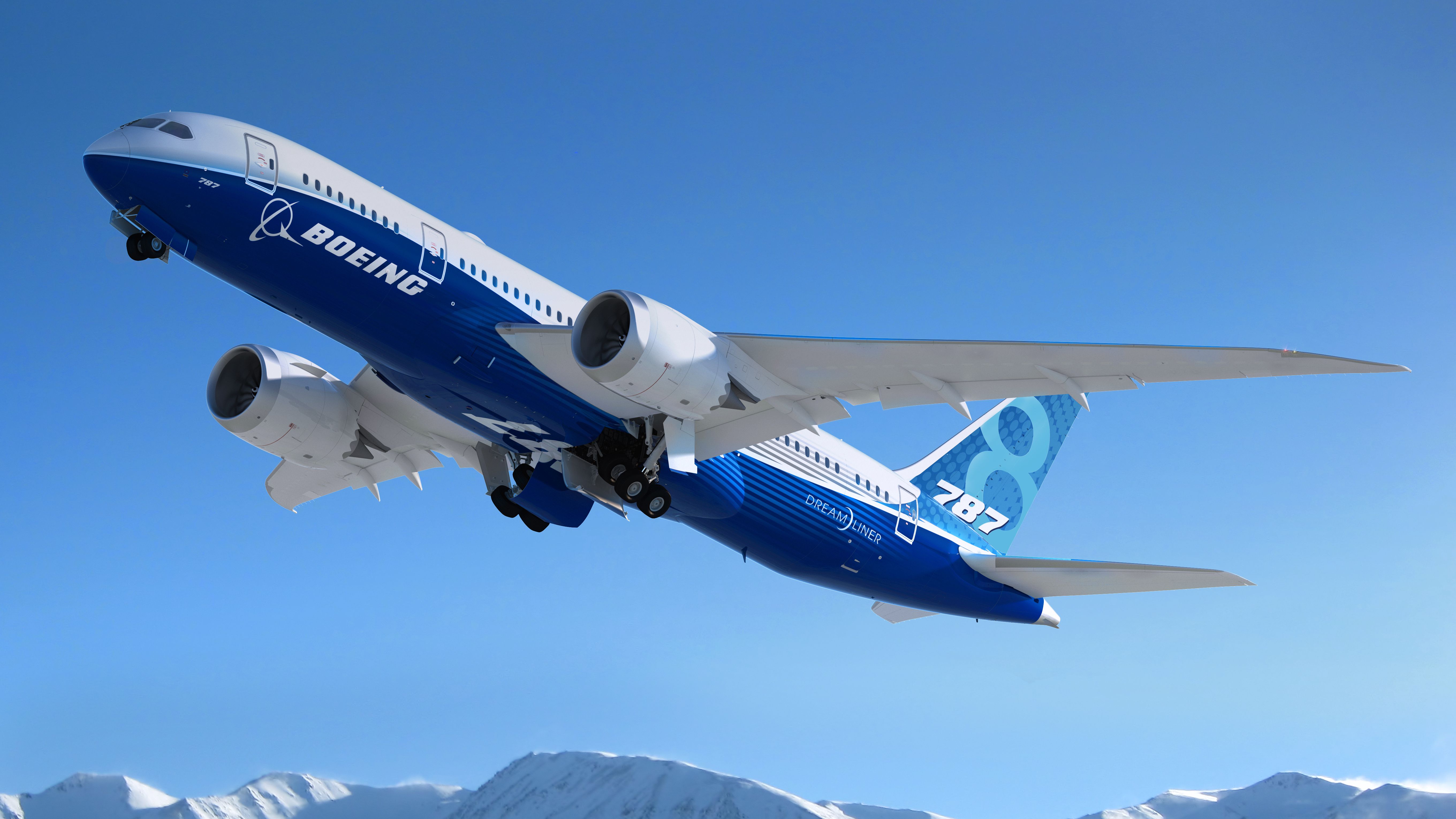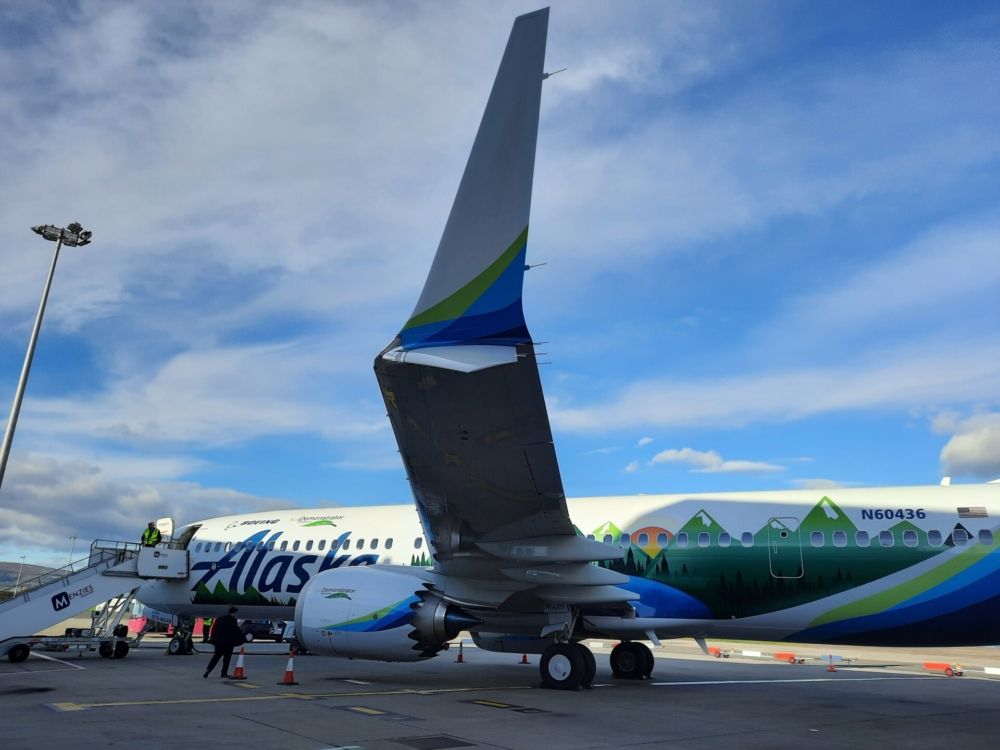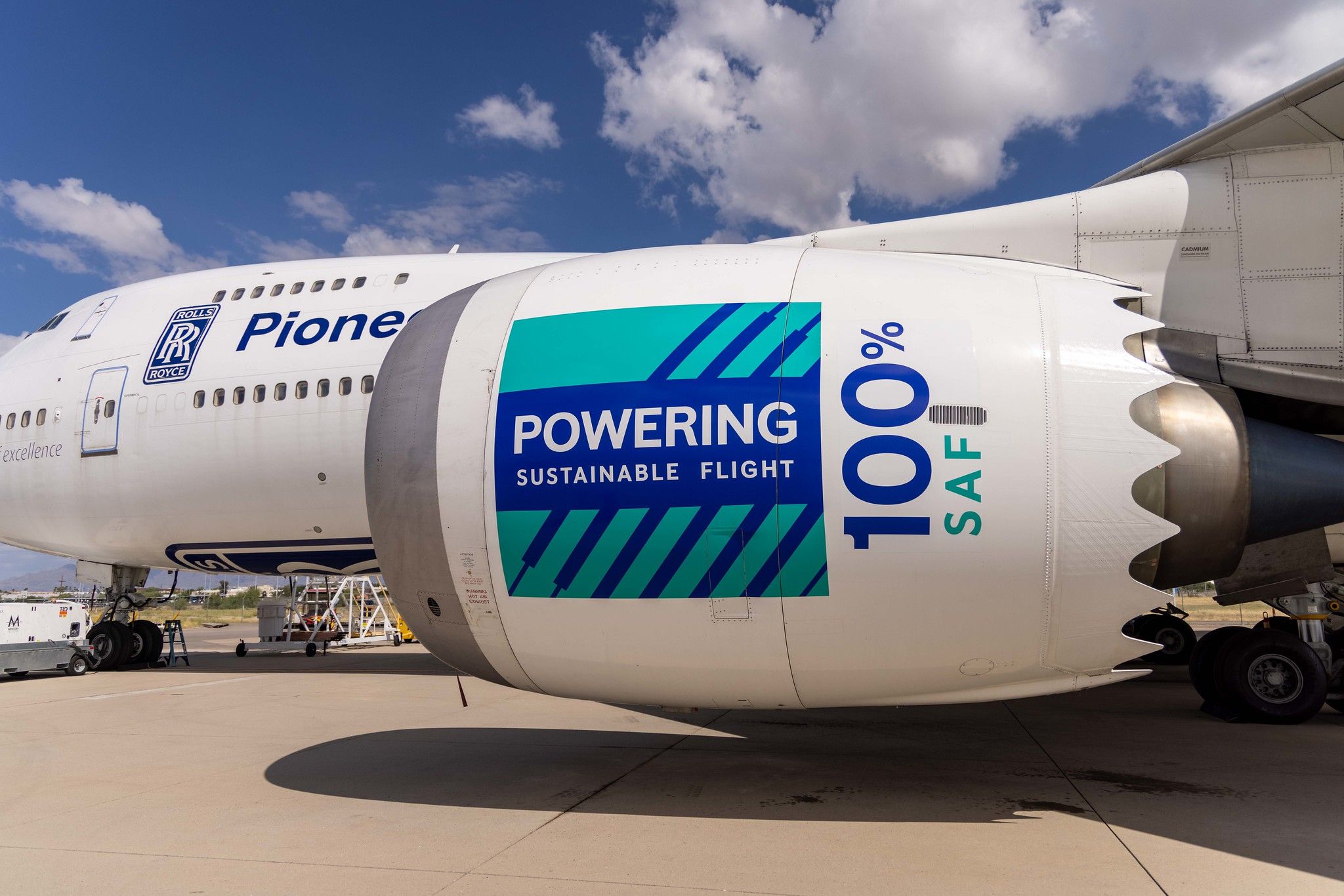Yesterday, Boeing released its 2022 Sustainability Report, titled Sustainable Aerospace Together. This year's sustainability report, the second Boeing has produced, looks back on what was achieved in 2021 and looks forward to its 2030 targets and beyond to the 2050 industry target of net-zero emissions.
Boeing's report sees a 2050 world where air travel will carry more than 10 billion passengers annually, support 180 million jobs and generate nearly $9 trillion in economic activity. Concurrently the aviation industry will be furthering the goal of minimizing the impact on the planet and striving to achieve net-zero carbon emissions. CEO Dave Calhoun says Boeing is committed to preserving the societal, security and economic benefits of the industry safely and sustainably. He added:
"Advancing the future of flight and improving the world for future generations requires a multi-faceted approach. Our focus on ESG is embedded in our culture and our stakeholder's expectations."
Boeing focuses on sustainability partnerships
The report highlights Boeing's progress in the three key pillars of ESG; environmental, social and governance. Some of the 2021 key markers on the sustainability side included Boeing's commitment to delivering 100% SAF capable airplanes by 2030, its ecoDemonstrater partnership with Alaska Airlines, the first 100% SAF in one engine flight with United Airlines and its partnership with Rolls-Royce on 100% SAF flights.
In December, it successfully tested a large hydrogen fuel tank with NASA and DARPA (US Defense Advanced Research Projects Agency). The fully composite, linerless cryogenic tank can hold 16,000 gallons (65,500 liters) of liquid hydrogen. In December, Boeing also purchased two million gallons (7.6 million liters) of SAF blended with EPIC Fuels to power its Commercial Airplanes operations in Washington state and South Carolina for 2022.
Boeing chief sustainability officer Chris Raymond said Boeing's strategy to decarbonize aviation focuses on four key areas: fleet renewal, operational efficiency, renewable energy transition and advanced technologies. He believes the industrialization of SAF production will intersect with the development of electric and hydrogen propulsion and zero climate impact aircraft design concepts. He said:
"This report is an important step in demonstrating our ambition to communicate transparently with all of our stakeholders, and in holding ourselves accountable as we protect, connect and explore our world - safely and sustainably."
Boeing is using lessons learned from its Space program on hydrogen propulsion
In November 2021, Boeing and Etihad Airways extended their partnership focused on improving the efficiency of navigation and flight operations. This agreement builds upon the Etihad-dubbed "Greenliner program," which has used B787s to test new, sustainable operations since the original partnership launched in 2019. This includes using SAF on B787 delivery flights and revenue flights where Etihad has pioneered new approaches in developing a more sustainable network. SAF is not the only solution; Boeing is continuing its work with green hydrogen and electric propulsion.
According to the latest report, Boeing has been innovating with hydrogen and fuel cell applications for more than 15 years. In this field, it uses the lessons learned from its Space business, particularly in cryogenic storage systems. Although the tank used in the December hydrogen tests is designed for space applications, it will give important insight into materials technology for sustainable aviation.
The tank holds 16,000 gallons of liquid hydrogen, the energy equivalent of around 3,700 gallons (14,000 liters) of Jet-A fuel, typical of a regional jet-sized airplane. Successfully passing the NASA burst tests validates the tank's materials and composition, making it ready for use in Space and in the air.
The 2020 Sustainability Report also details Boeing's progress in employee equity, diversity, inclusion and wellbeing, community engagement, governance, risk management and ethical business. Recently, Boeing has been pilloried for its commercial aircraft programs, but today it should be applauded for its sustainability efforts and the transparency of this report.
Discover more aviation news here.




